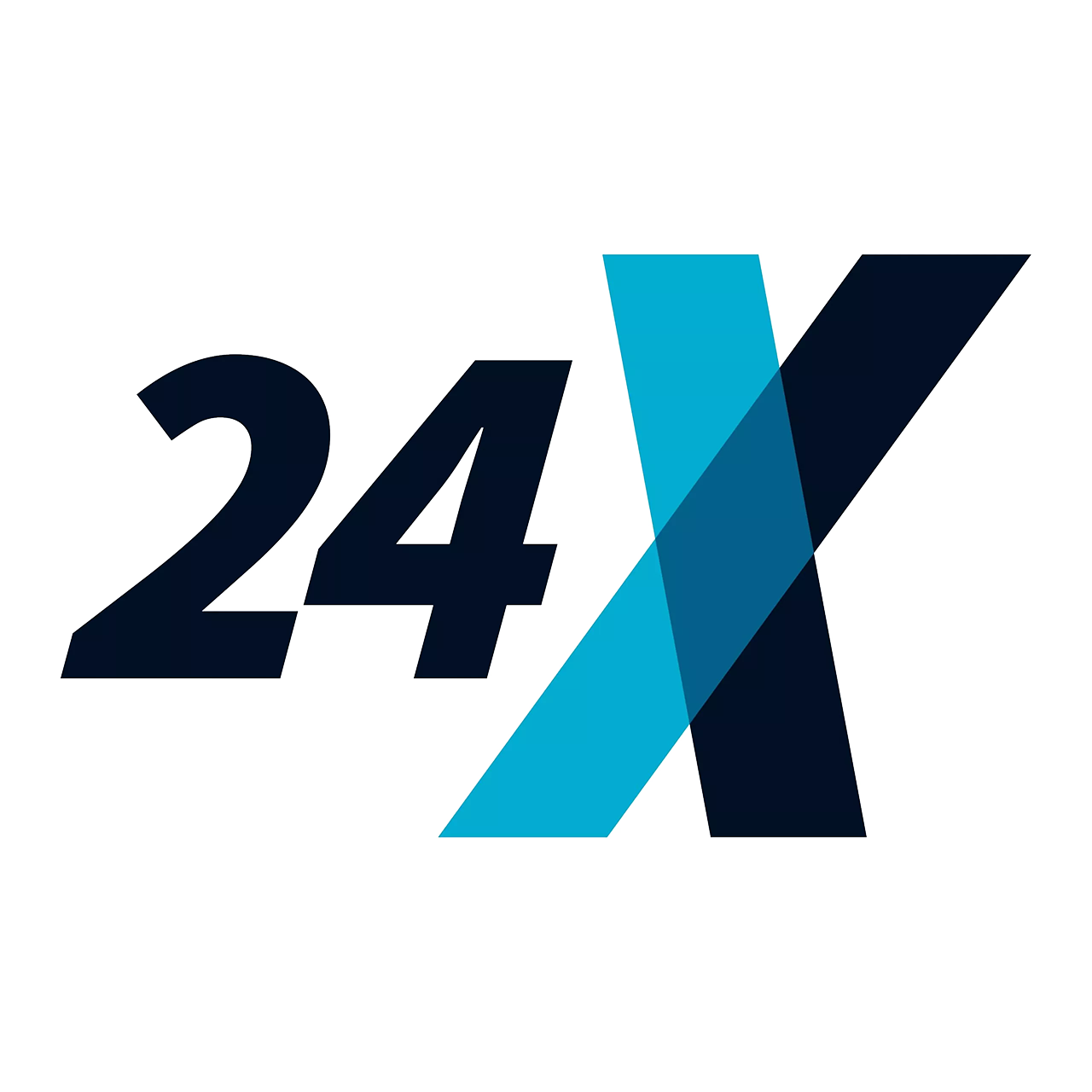
- Fintech
Digital Assets: The Next Big Wave of Disruption in Financial Services
As demand increases for new Web3 crypto-powered experiences and services, financial institutions and businesses will need to start adapting to remain competitive—and they will need a lot of help getting there. Spurred by this rising demand, a new set of infrastructure companies is working to bridge the crypto and non-crypto worlds—ultimately helping to bring digital assets to millions of businesses and billions of people around the world.
Financial Institutions
As crypto scales to become a $2 trillion asset class and demand increases for exposure to digital currencies, an entirely new frontier of blockchain-based financial services is beginning to emerge. But, widespread adoption of crypto by traditional financial services firms will require new infrastructure that makes crypto look and feel like other tradable asset classes (e.g., equities, FX, or derivatives).
We are already seeing the emergence of a new crypto-focused vendor ecosystem within custody, trading technology, embeddable infrastructure, and research and market data providers, and we expect that ecosystem to grow. That expectation drove our first crypto investment, in Messari, a crypto data, news and research aggregator that aims to be the trusted information source for both retail and institutional investors.
We also believe that most incumbent financial firms will look to crypto-native infrastructure companies to help them launch new crypto products for their customers, which requires domain expertise, regulatory licensing and new technology. This thesis led to our investment in Zero Hash, which enables fintechs, neobanks and financial institutions to quickly and easily launch their own crypto trading, rewards and yield products.
Consumers
Consumers are another key market for crypto products. Up to this point, early adopters of crypto, especially users who wanted to participate in decentralized finance (DeFi) or NFTs, have needed to be technologically savvy. But for crypto to reach a broader consumer marketplace, an abstraction layer is needed to make it more user friendly and to allow non-technical people to buy, sell, or hold crypto.
This requires bridges to be built to enable digital assets to be incorporated into payments systems, e-commerce, entertainment, gaming platforms, and much more while also delivering a smooth user experience. One such company in our portfolio is Massive, which has created a new way for consumers to pay for apps and digital services by leveraging the idle processing power and bandwidth of their devices, and a new way for developers to monetize their applications, without having to rely on paywalls or advertising.
Enterprises
Similarly, enterprises have a multitude of use cases in which they might want to incorporate crypto into internal systems for treasury, supply chain management, invoicing and billing, payroll, and more. Leveraging crypto may provide some advantages over legacy solutions because everything is tracked by the blockchain, which allows for a higher level of transparency and traceability.
We believe blockchain-based enterprise applications can offer companies the ability to monitor their supply chain at both a global scale and at the most granular levels, or pay contractors in 10 different countries without the complexity and reliance on several local banks or currencies. The ability to move assets between accounts, businesses, and countries almost instantaneously and at extremely low costs unlocks a new level of efficiency within these organizations.
In some cases, businesses will have to handle crypto and digital assets simply because it’s what their customers and the market demands. We expect that enterprises will also partner with specialized crypto infrastructure providers as they make the jump to a digital world.




